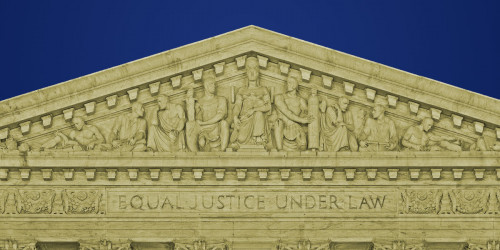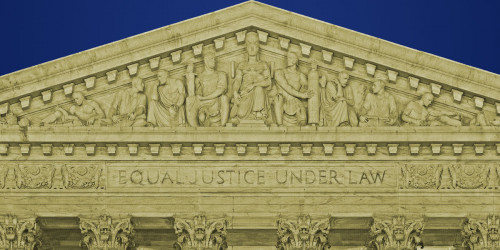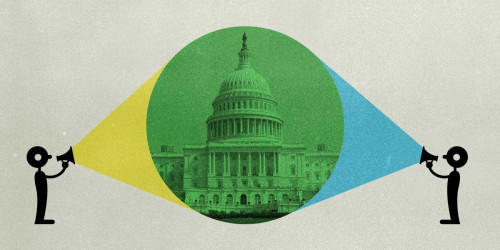The California Assembly took a crucial first step yesterday towards closing a significant gap in protection for anonymous speech online. One of the most pernicious threats to anonymity is the filing of bogus lawsuits as an excuse to force ISPs to reveal speakers’ identities. Once such a lawsuit is filed, speakers who want to protect their anonymity must find a way to pay a lawyer to go to court and prevent disclosure of their personal information. That can be a real hardship—in fact, even the threat of having to go to court may intimidate many people from speaking out in the first place.
Fortunately, Assembly member Paul Krekorian with co-authors Sally Lieber and Anthony Portantino introduced AB 2433 to help answer this problem. If AB 2433 becomes law, speakers who successfully oppose the use of bogus litigation to obtain their identities could also demand attorneys' fees. The bill has now passed the Assembly unanimously and is moving on to the Senate. EFF, the California AntiSLAPP project, and the California Newspaper Publishers Association are all supporters of this bill.
Californians have long had an extra layer of protection against these lawsuits. Thanks to California’s anti-SLAPP law (SLAPP stands for Strategic Lawsuits Against Public Participation) they can file a special motion to strike any cause of action based upon their speech or petition activity. Courts are required to strike the action unless the plaintiff can show a probability of prevailing on the merits. As a deterrent to abusive lawsuits, a defendant who successfully moves to strike can also seek attorney fees and court costs. This procedure has been very successful in preventing abusive lawsuits designed to chill speech and waste precious court resources.
The Anti-SLAPP law works fine to stop the abusive subpoena if the underlying lawsuit is filed in California. But there’s a loop-hole: If the underlying lawsuit is filed outside California, at least one California court has read the law narrowly and held the Anti-SLAPP law is unavailable. As a result, speakers and companies in California are exposed to frivolous satellite litigation without the shield of deterrence provided by the Anti-SLAPP law.
AB 2433 would close this loophole by amending California law to provide that individuals whose information is subpoenaed can move to quash the subpoena (i.e, to prevent production of the requested information) and, if they succeed, seek compensation for the costs of going to court.
This minor change will allow those whose records or other information are being sought and subpoenaed witnesses, including online service providers, to recover their costs and attorneys’ fees in resisting abusive subpoenas. The bill will create a strong disincentive for those motivated to use satellite litigation to silence Californians’ exercise of their right to speak out.
The tradition of anonymous speech is older than the United States itself—Alexander Hamilton, James Madison, and John Jay wrote the Federalist Papers under the pseudonym "Publius," and "the Federal Farmer" spoke up in rebuttal. That tradition is alive and well online; indeed, anonymity has been crucial to the growth of the Internet as a forum for speech. Many people don't want the things they say online to be connected with their offline identities. They may simply be shy about speaking publicly, or worried about social or economic retaliation from their communities or employers based on their views. By using pseudonyms, these speakers can obtain a measure of protection against that retaliation.
Predictably, some companies, individuals and governments don’t like being the target of criticism and commentary. That’s why the growth of anonymous speech online has been met by a surge in lawsuits based on online speech and subpoenas seeking the identities of the speakers. Some of those lawsuits are legitimate—if you’ve been defamed, or had your trade secrets stolen, you may have a legitimate right to seek the identity of the person that harmed you. But far too many of these lawsuits are frivolous, brought solely to provide an excuse to use the courts to discover the identity of a critic.
We applaud Assemblymembers Krekorian, Lieber and Portantino for sponsoring this legislation, and look forward to the bill’s swift passage through the Senate!










